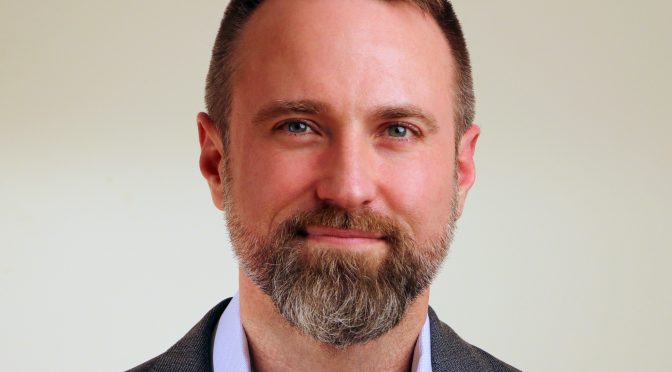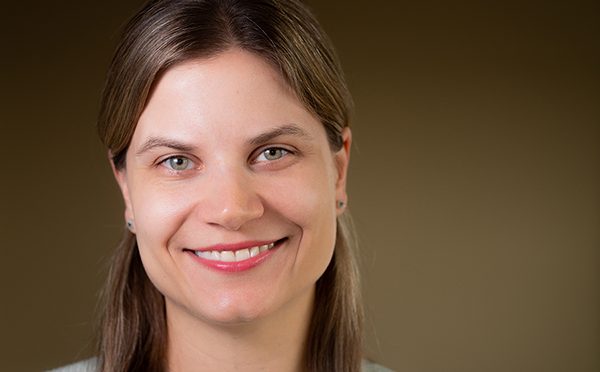
October 22, 2019 | Keely Muscatell, PhD Presenting on Socioeconomic Influences on the Brain and Immune System: Uncovering Mechanisms and Informing Interventions
Keely Muscatell, PhD., is Assistant Professor in the Department of Psychology & Neuroscience and the Lineberger Comprehensive Cancer Center at UNC Chapel Hill. Trained as a social neuroscientist, her research focuses on elucidating the neurobiological mechanisms that link social experiences and health. Her work is highly interdisciplinary, as she employs theory and methods from social psychology, cognitive and affective neuroscience, psychoneuroimmunology, pharmacology, and population health. Keely completed post-doctoral training in the Robert Wood Johnson Foundation Health and Society Scholars program at UCSF/UC Berkeley, and in the Psychology Department at Berkeley. She received her Ph.D. in Psychology from UCLA in June 2013, an MA in Psychology from UCLA in 2009, and a BA in Psychology and Spanish from the University of Oregon in 2006.
Access the lecture via the following information:
Meeting URL: https://meetings.webex.com/collabs/#/meetings/joinbynumber
Meeting Number: 191 366 190
Audio Connection:
US TOLL: +1-415-655-0001






